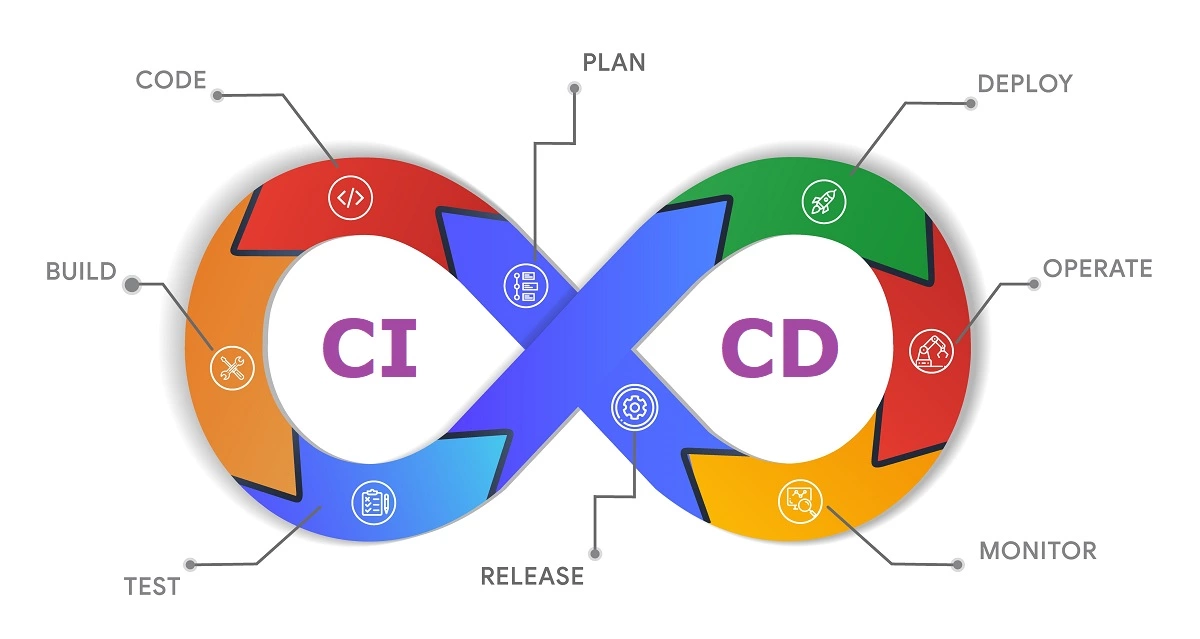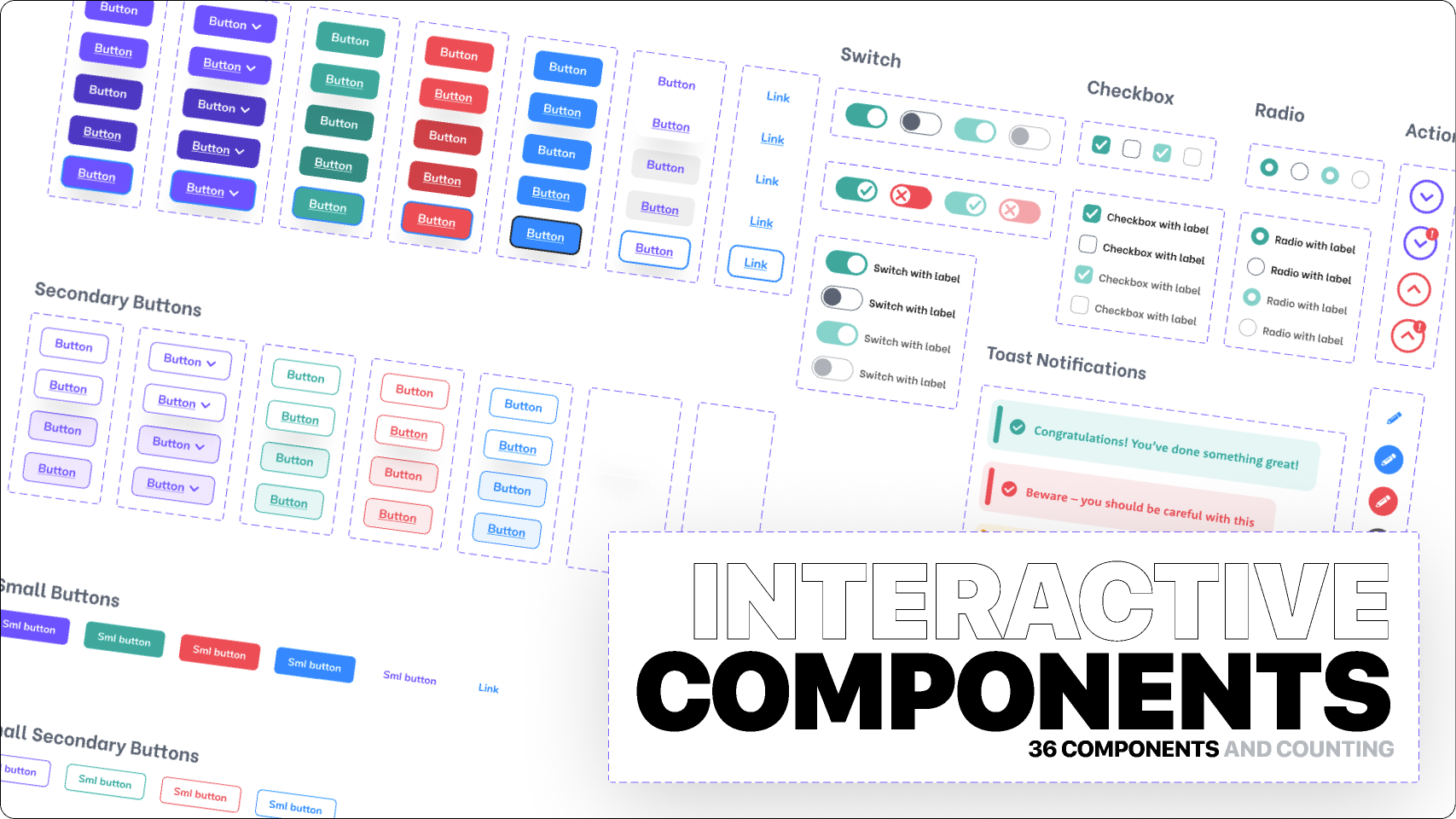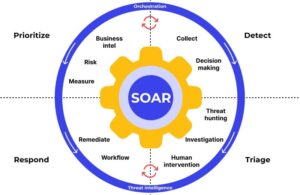AI-Driven Personalized Marketing: Crafting Tailored Consumer Experiences
In the digital era, where consumer preferences are shifting towards personalized experiences, businesses are increasingly turning to artificial intelligence (AI) to enhance their marketing strategies. AI-driven personalized marketing leverages data, algorithms, and consumer behavior insights to craft tailored experiences that resonate with individuals. This approach not only improves customer satisfaction but also drives engagement and loyalty. In this article, we will explore how AI is transforming personalized marketing, its implications on consumer-centric strategies, and the real-world successes that illustrate its effectiveness.
Understanding AI’s Role in Personalized Marketing Strategies
AI plays a pivotal role in reshaping personalized marketing strategies by enabling businesses to analyze vast amounts of consumer data efficiently. With the capacity to process and interpret data from various sources—such as online interactions, purchase history, and social media behavior—AI systems can create comprehensive consumer profiles. These profiles are critical in designing targeted marketing campaigns that align with individual preferences, ultimately leading to increased conversion rates and improved customer experiences.
The integration of AI into personalized marketing has led to the development of tools and platforms that automate campaign management. These tools use machine learning algorithms to optimize content delivery based on real-time consumer interactions, ensuring that promotional messages are not only relevant but also timely. This dynamic adaptability signifies a shift from traditional marketing methods, where static messages were broadcasted to broad audiences, toward a more nuanced approach where customer needs are at the forefront.
Furthermore, AI provides marketers with predictive analytics capabilities, allowing them to anticipate future consumer behavior and preferences. By identifying patterns in historical data, businesses can forecast which products or services might appeal to specific segments of their audience, leading to more effective resource allocation and strategic planning. As a result, AI-driven personalized marketing is not just about tailoring messages; it’s about understanding and predicting consumer needs at an unprecedented scale.
The Evolution of Consumer-Centric Marketing Approaches
Historically, marketing has evolved from a one-size-fits-all approach to a more segmented model focused on targeting specific demographic groups. With the advent of the internet and digital technologies, marketers began leveraging data to refine their audience segments further. However, it wasn’t until the rise of AI and machine learning that businesses gained the ability to personalize marketing on an individual level, transforming consumer-centric marketing into a more sophisticated and dynamic field.
As technology continues to advance, consumers are becoming accustomed to receiving tailored recommendations and communications. This shift has prompted brands to recognize the importance of not only understanding their customers but also fostering relationships based on personalization. Progressive companies now invest in AI solutions that allow them to create seamless experiences across various channels, ensuring that their messaging is consistent and relevant no matter where consumers engage with the brand.
Moreover, the evolving consumer landscape demands transparency and authenticity in marketing efforts. Today’s consumers prioritize brands that understand their values and preferences, leading marketers to adopt ethical guidelines when utilizing consumer data. The challenge lies in balancing personalization with respect for privacy, thus making it imperative for marketers to implement responsible AI practices that prioritize user consent and data security while driving personalized marketing strategies.
Benefits of AI in Enhancing Customer Engagement and Loyalty
The implementation of AI-driven personalized marketing offers a host of benefits that enhance customer engagement and foster brand loyalty. One of the most significant advantages is the ability to deliver hyper-targeted content that resonates with individual consumers’ needs and preferences. By curating personalized messages, businesses can create a more impactful connection with their audience, resulting in higher engagement rates and increased customer satisfaction.
Additionally, AI-driven insights allow marketers to deliver relevant content at optimal times throughout the customer journey. Whether it’s sending reminders based on abandoned shopping carts or recommending products based on past purchases, this level of personalization not only enhances engagement but also cultivates a sense of loyalty among consumers. When customers feel valued and understood, they are more likely to return to a brand over its competitors, further solidifying their loyalty.
Furthermore, businesses that effectively utilize AI in personalized marketing can expect an improvement in return on investment (ROI). With AI algorithms making data-driven decisions, marketers can optimize their budgets by focusing on strategies that yield the highest results. This level of efficiency not only enhances customer relationships but also contributes to long-term growth by building a loyal customer base that consistently engages with the brand.
Data Collection: The Foundation of Personalization Efforts
Data collection is the cornerstone of any personalized marketing effort, particularly when leveraging AI. Organizations gather data from various touchpoints, including website visits, social media interactions, and purchase history, to form a comprehensive understanding of consumer behavior. This data serves as the foundation upon which AI systems can analyze and segment customers based on their preferences, enabling the crafting of personalized experiences.
The reliability of data collection methods is crucial for the success of AI-driven marketing strategies. Businesses must adopt tools that not only capture quantitative metrics but also qualitative insights, ensuring a well-rounded view of consumer preferences. Techniques such as surveys, feedback forms, and social listening can provide deep insights into customer motivations and attitudes, complementing the raw data collected from automated systems.
Moreover, businesses need to prioritize transparent data collection practices by gaining user consent and providing clear information on how their data will be utilized. This transparency builds trust between brands and consumers, encouraging individuals to share more information that can ultimately enhance the effectiveness of personalized marketing efforts. By fostering a culture of trust and understanding, companies can create richer customer profiles that drive successful, targeted campaigns.
AI Algorithms: Analyzing Consumer Behavior Patterns Effectively
AI algorithms are integral to interpreting consumer behavior patterns, enabling marketers to identify trends and correlations that would be difficult to detect manually. These algorithms employ techniques such as clustering, regression analysis, and natural language processing to derive insights from vast datasets. By recognizing commonalities among consumer actions, businesses can develop targeted marketing efforts based on anticipated behavior.
One of the primary applications of AI in analyzing consumer behavior is through predictive analytics. By implementing machine learning models that process historical data, brands can forecast future purchasing patterns and tailor their marketing efforts accordingly. This allows for the proactive delivery of personalized recommendations, further enhancing the customer experience and potentially increasing sales.
Furthermore, AI-driven analysis can provide real-time insights into the effectiveness of ongoing campaigns. Marketers can monitor engagement metrics and adapt their strategies iteratively, ensuring that their tactics remain aligned with consumers’ evolving preferences. Such precision in analysis allows for a level of agility in marketing efforts that is unprecedented, positioning businesses to respond rapidly to changes in consumer sentiment or market conditions.
Real-World Examples of Successful AI-Driven Campaigns
Several companies have successfully harnessed AI-driven personalized marketing to achieve remarkable results. For instance, Netflix utilizes sophisticated algorithms to recommend content to its users based on their viewing history and preferences. This tailored approach not only keeps users engaged but also reduces churn rates, as subscribers feel that the platform truly understands their interests. The result is a powerful customer relationship that has contributed to Netflix’s position as a leader in the streaming industry.
Another notable example is Amazon, which employs AI to analyze consumer behavior and suggest products in real time. By tracking browsing histories, previous purchases, and even items viewed by similar customers, Amazon can create personalized shopping experiences that lead to increased conversions. This data-driven insight has not only enhanced customer satisfaction but has also solidified Amazon’s reputation as a go-to e-commerce platform worldwide.
Lastly, Spotify’s use of AI for personalized playlists and music recommendations exemplifies the power of tailored consumer experiences. By analyzing user listening patterns and preferences, Spotify creates customized playlists such as "Discover Weekly," which introduces users to new music aligned with their tastes. This level of personalization not only drives user engagement but also encourages subscribers to explore more of the platform’s offerings, increasing overall customer loyalty and retention.
AI-driven personalized marketing is undoubtedly transforming how businesses engage with consumers. By leveraging data collection, advanced algorithms, and real-world applications, organizations can craft tailored experiences that resonate deeply with individual preferences. As technology continues to evolve, the possibilities for personalized marketing will expand, allowing businesses to forge stronger connections and build lasting relationships with their customers. To stay ahead in this ever-competitive landscape, companies must embrace AI’s capabilities to unlock innovative marketing strategies that prioritize personalization and consumer satisfaction. For more insights, check out reports from McKinsey or Forrester.













Post Comment